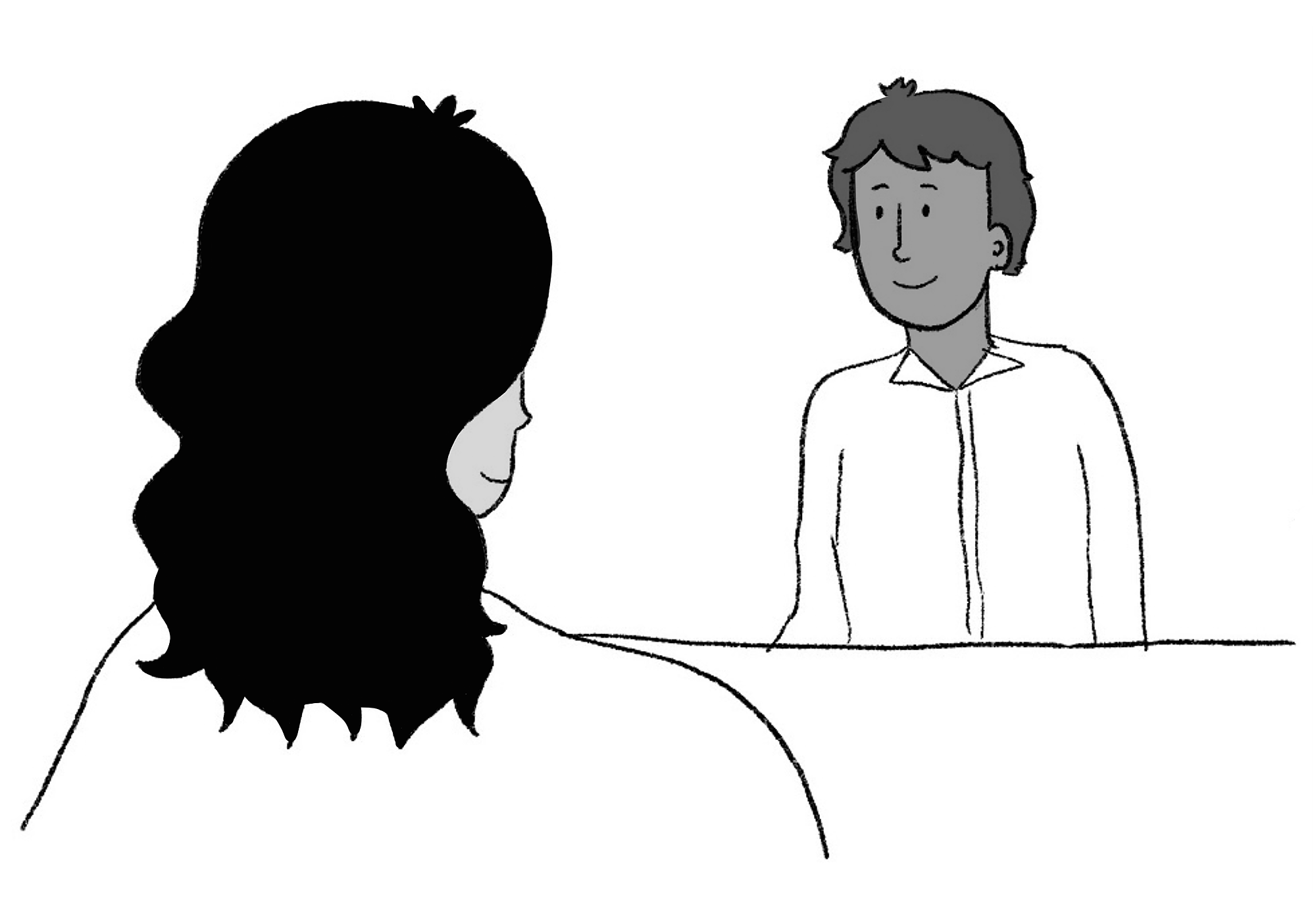How to talk to your boss

Journalism is a notoriously tough industry. In addition to the risks and trauma that reporters may face while doing their job, they experience the stress associated with long hours, tight deadlines, and employment insecurity. If a journalist struggles to keep pace, they often fear someone else will take their place. Setting boundaries in the workplace can be difficult. But it is important to know how to speak to your editor or employer so you can properly advocate for yourself.
There are many reasons why a journalist may want to talk to their boss. Maybe they need to spend more time with their family or they feel they deserve a raise. Maybe the stress of reporting on challenging topics has been weighing heavily on them and they need to take a step back.
According to Christina Lamb, the chief foreign correspondent of the Sunday Times of London, the best way to go about talking to your boss is to be proactive and present your request for support in a positive light.

"I think anybody asking for help to be able to do a job better is a no-brainer . . . If you've broken your leg, you wouldn't be worried about telling your editor that you couldn't go in and you couldn't walk. So I think we need to think of it in the same way."
Christina Lamb, chief foreign correspondent, the Sunday Times of London
Lamb remembers a time when journalists never raised their struggles with mental health, especially not with employers. But the subject has become much less stigmatized in recent years, and Lamb believes it is better to discuss these issues than stay silent about them.
Every boss is different. Some may be understanding while others may be more difficult to speak to. Editors have a responsibility to make sure great stories and scoops are published, but they cannot do that if their employees are not well-supported and heard.
Emma Tucker, the editor-in-chief of the Wall Street Journal, has fought tenaciously for the release of Moscow correspondent, Evan Gershkovich, who has been held in a Russian jail for over a year. She gave the annual distinguished Marie Colvin Distinguished Lecture in New York as part of our symposium on "Coping with Crisis" on March 25, 2024.
In response to our questions, Tucker described the challenge of finding the right balance between being supportive and encouraging journalists to be the best in their field.

"Editors have to be mindful of what reporters say but equally you have to draw the line somewhere. A sympathetic and empathetic editor would listen and, depending on the circumstances, understand."
Emma Tucker, editor-in-chief of the Wall Street Journal
A more experienced journalist may have an easier time talking to an editor if they have worked with them for a long time. If a journalist is in the earlier stages of a job, they may not have that privilege. If they are struggling, there are some ways to get help without talking to their boss.
Many organizations have employee assistance programs, peer networks or other resources and can help with issues by directing you to support a counselor or another service. It can also be helpful to discuss problems with colleagues and fellow journalists because they will understand some of what you are experiencing. But other issues or requests will require going to your employer for support.
Elizabeth Bojsza, assistant professor of practice at the Alan Alda Center for Communicating Science at Stony Brook University, worked with us to develop strategies enabling journalists to advocate for themselves. We began by practicing mirror exercises to develop empathy with each other. It is important to understand the values and point of view of the person you are approaching for support.

Journalism students practice mirror exercises during an Alan Alda Center workshop.
We then role-played difficult conversations and began by ranting to one another about a problem that needed addressing.
"The focus was on uncovering the values and interests beneath the rants to find something that each of us holds as important. Putting that out in the open is often the foundation for a collaborative negotiation."
Elizabeth Bojsza, assistant professor of practice, Alan Alda Center for Communicating Science
From there, we compared our goals and needs as journalists to those of our employers. Discovering where your interests overlap can help you know what to focus on when speaking to your boss.
Before going into a challenging meeting, Bojsza recommends sketching out your ideas on a planning sheet. Practice mirror exercises on your own in front of a mirror or with a friend to help break down barriers.
If you can, embark with your friend on role play that can identify common values, as well as ways in which your boss might react in a worst case scenario, so you are prepared for a potentially hostile response. Keep calm, and explain why you share the same goals.
Talking to a boss or an editor may not be easy, but it is definitely doable. The most important thing to remember is that as a journalist you are doing vital work. You deserve to advocate for yourself to make it easier to do your job.